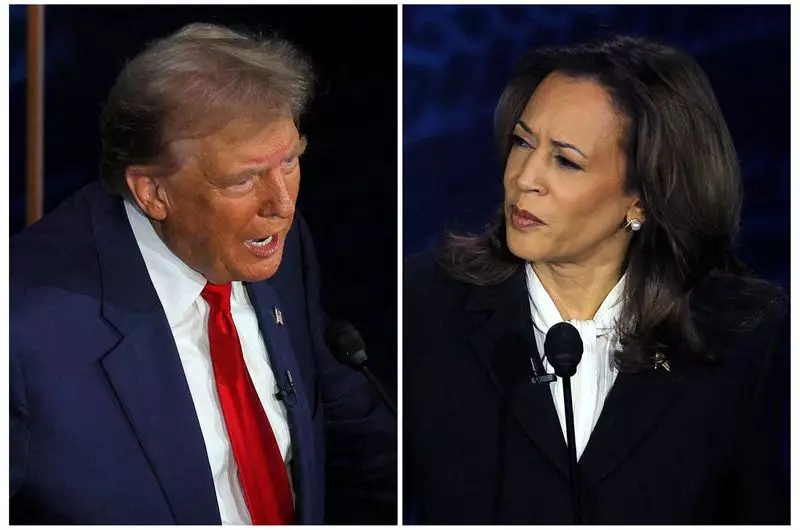The impending U.S. election is positioned to significantly influence the trajectory of the U.S. dollar, as the outcome could serve as a pivotal moment for the currency. While an electoral victory for Donald Trump may initially bolster the dollar, a win for Kamala Harris could lead to short-term depreciation. However, analysts emphasize caution in interpreting these immediate reactions, suggesting that they may not persist through 2025.
Analysts at HSBC have noted that it would be a misjudgment to assume that the dollar’s response to the election results will set the stage for the currency’s performance over the next several years. Various factors could disrupt the initial currency movements following the election, such as actual policy outcomes differing from investor expectations. Beyond electoral implications, external elements may overtake political dynamics as dominant influences in the foreign exchange market.
The expectation of specific fiscal policies is a crucial determinant of dollar strength. In the event of a Republican clean sweep—where the party secures control over the White House and Congress—experts anticipate a robust lift for the dollar fueled by potential fiscal stimulus. A significant factor contributing to this bullish sentiment is the prospect of reduced obstacles to enacting tax reforms and spending increases.
HSBC outlines a range of probable scenarios following the election that could affect the dollar differently. In a situation where Trump prevails but faces a Democrat-controlled Congress (a divided government), an initial uptick in dollar value may still occur. However, the lack of anticipated expansive fiscal measures could temper the dollar’s longer-term performance.
Conversely, a Democratic clean sweep—with Harris in the presidency—could initiate a more complex trajectory for the dollar. The analysts describe a potential “sling-shot path,” where immediate dollar weakness is quickly reversed due to market speculation on forthcoming fiscal initiatives in 2025. Such dynamics could merge short-term uncertainty with long-term optimism, reflecting the unpredictable nature of political policy on currency values.
Historically, the dollar tends to exhibit strength in the lead-up to U.S. elections, largely due to heightened demand for safe-haven assets amid uncertainty regarding electoral outcomes. This trend may materialize again as investors react to shifting political landscapes. Nevertheless, reliance on immediate reactions can lead to misplaced confidence. Analysts urge investors to remain vigilant, considering how subsequent policy decisions will inform currency valuations and interacting with both fiscal and monetary decision-making.
While the U.S. election is poised to create fluctuations in dollar performance, predictions based on immediate post-election movements may be overly simplistic. The intricacies of policy outcomes and the unfolding economic environment will play pivotal roles in shaping the dollar’s future trajectory, necessitating a more nuanced approach to understanding these dynamics.

